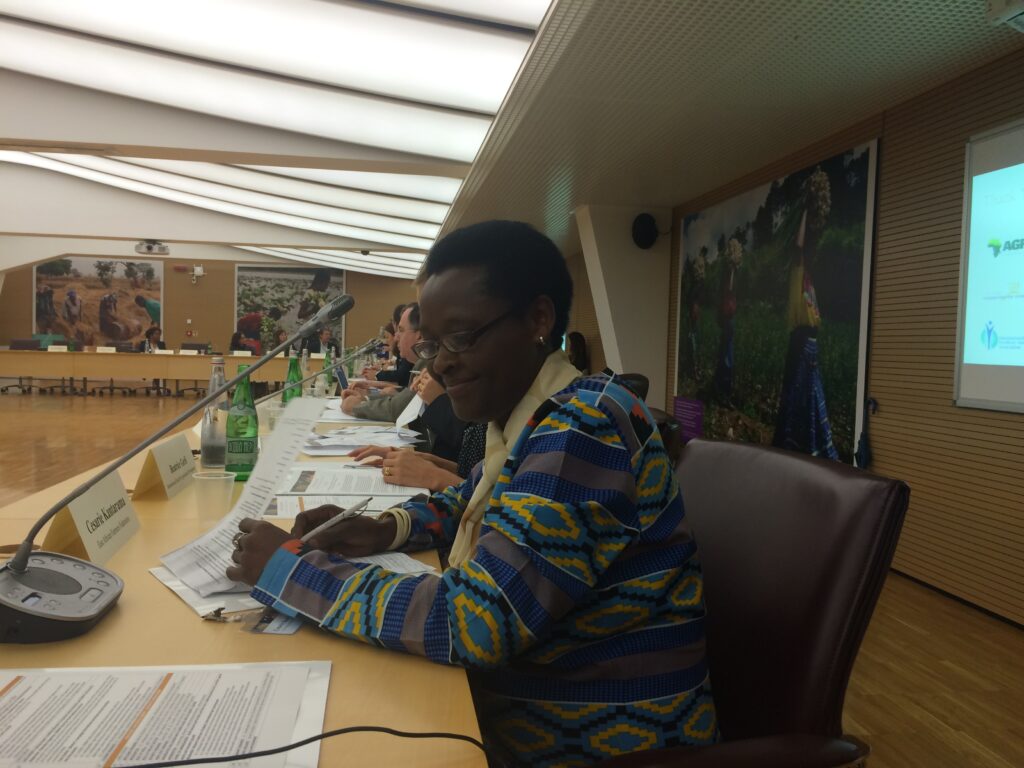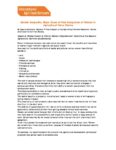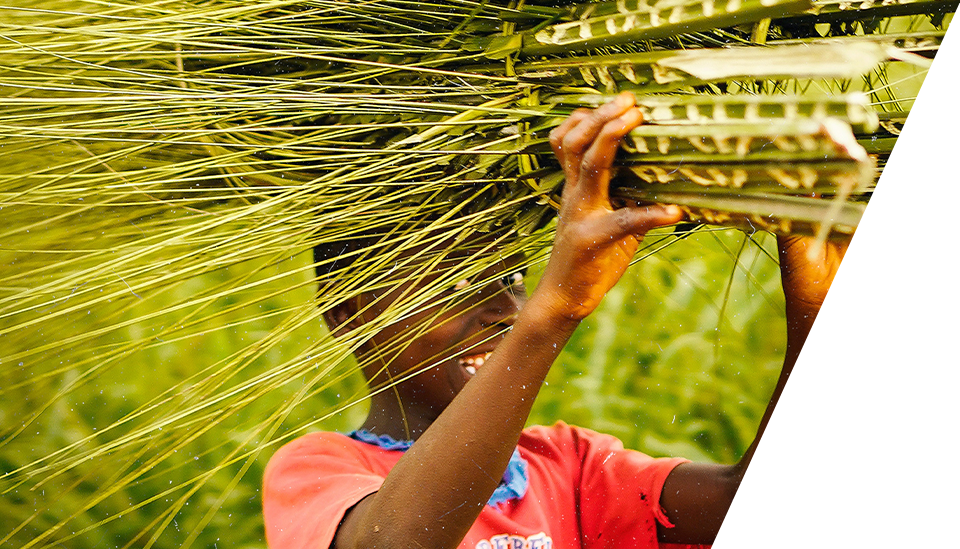Gender Inequality: Major Cause of Poor Integration of Women in Agricultural Value Chains
By Cesarie Kantarama, Regional 1st Vice-President of the East African Farmers Federation, Women smallholder farmer from Rwanda
Speech at October 9 event at IFAD on Women’s Empowerment: Solutions at the Nexus of Agriculture, Nutrition and Enterprise

Power imbalances between man and woman can easily impair the benefits and incentives of women to get involved in agricultural supply chains. As a result of the combined efforts of social and cultural norms, women have limited access to:
- Land
- Inputs
- Production technologies
- Financial services
- Professional advice
- Training
- Information
- Consumers preferences
- Market requirements
This lack of access reduces their chances to access high value markets because they lack capital and technical and managerial skills, they often lack confidence to engage in complex activities. Therefore this limits their ability to benefit economically from the development sector.
They have constraints to meet stringent quality standards and strict deadlines of suppliers, particularly for perishable products. The lack of security to property, including land, leads to women’s lack of willingness to taking risks to innovate. This uncertainty of land property rights requires them to make investments that will bear their fruit in the short term. The absence of guarantees and their lack of skills to develop business models that can be approved by banks prohibits them from getting access to formal credit services.
Women are demotivated because their efforts are not bearing fruit. In many communities, men have most of the proceeds from cash crops while women devote a large amount of work. Sometimes they do not reveal to women what they earn for joint planning of their assignment. To all this is added the housework and reproductive activities that affect them. Women are to work four times more to perform, because of the lack of social services such as child care centers etc. To conclude, my recommendation is to ensure that agricultural development policies and programs take gender-specific considerations.
-
Smallholders – PSM Statement
Statement by Cesarie Kantarama, Regional 1st Vice-President of the East African Farmers Federation, Women smallholder farmer from Rwanda on “Gender Inequality: Major Cause of Poor Integration of Women in Agricultural Value Chains”
Download


